
Afterthought | Remembering a Pandemic
How will we remember COVID and the lives it cut short?
Afterthought: Remembering a Pandemic is a feature documentary about is a feature documentary about art, grief, and healing after COVID.
Since 2020, COVID has taken the lives of over one million Americans. 40% of us lost someone. All of us have been impacted. In a culture that puts grief on a timeline, how can art help us process the pandemic's impact?
Our film centers on two projects: a community memorial in Detroit involving thousands of participants, and one artist’s personal memorial in New York commemorating the loss of a friend. Each narrative unfolds over three years. In documenting these stories, Afterthought memorializes lives lost and changed by COVID and celebrates the healing power of art.
Characters
Laura Taylor
Painter & Collage Artist based in NYC
Laura was five when she met Tina, a rambunctious six-year-old living in the house next door. The girls became inseparable, and their friendship remained a pillar in Laura’s life for over five decades.
We meet Laura in 2021, shortly after COVID takes Tina’s life. Laura decides to commemorate their friendship by creating a memorial. Over two years, Laura’s memorial develops to incorporate fragmented letters, paintings, and deconstructed childhood toys. For Laura, working with these objects becomes a way to probe the complicated story of her lost friendship.
She describes the project as a “container for grief.”
Rochelle Riley
Director of Arts and Culture for the City of Detroit
Faced with the devastation of families unable to gather for funerals, Rochelle begins collaborating with community leaders and bereaved Detroiters to create a Healing Memorial for the city.
The Healing Memorial comprises thousands of beaded pouches crafted by individual Detroiters out of fabric from their loved ones’ clothing or donated material. Each pouch contains a hand-written reflection, drawing, or prayer.
The act of coming together to create pouches opens the possibility of healing while recognizing the immense trauma, loss, and uncertainty experienced during the pandemic. In Rochelle’s words, “the making is the memorial.”
Themes
Grieving, privately and publicly
Afterthought highlights the challenge of navigating private bereavement in the midst of public mourning. Losing someone to COVID means simultaneously processing the sudden death of a loved one while reckoning with the broader implications of the pandemic. This can make the experience of mourning feel at once too public and too isolated. Afterthought speaks to the experience of individuals whose private loss feels so public, and of communities working to grieve together in the midst of an ongoing crisis.
Memory and commemoration
Historically, the United States has neglected the public memory of pandemics. Almost no memorials commemorate those who died of diseases like smallpox, yellow fever, or cholera. Today, America continues to treat lives lost to a war or terrorist attack with more honor and care than lives lost to pandemics. Afterthought refuses this pattern of neglect, erasure, and forgetting, pushing back against societal pressures to “move on” from COVID without making space for public grief and healing.
Social justice
Both of our central storylines focus on projects led by women of color grappling with loss and bereavement. The Detroit Healing Memorial also involves thousands of participants and commemorates COVID’s impact on a predominately Black city. In making space for collective grief in Detroit, the Healing Memorial recognizes and honors the value of Black lives. People of color have been hit hardest by COVID. Afterthought asks viewers to remember the human cost of this injustice.
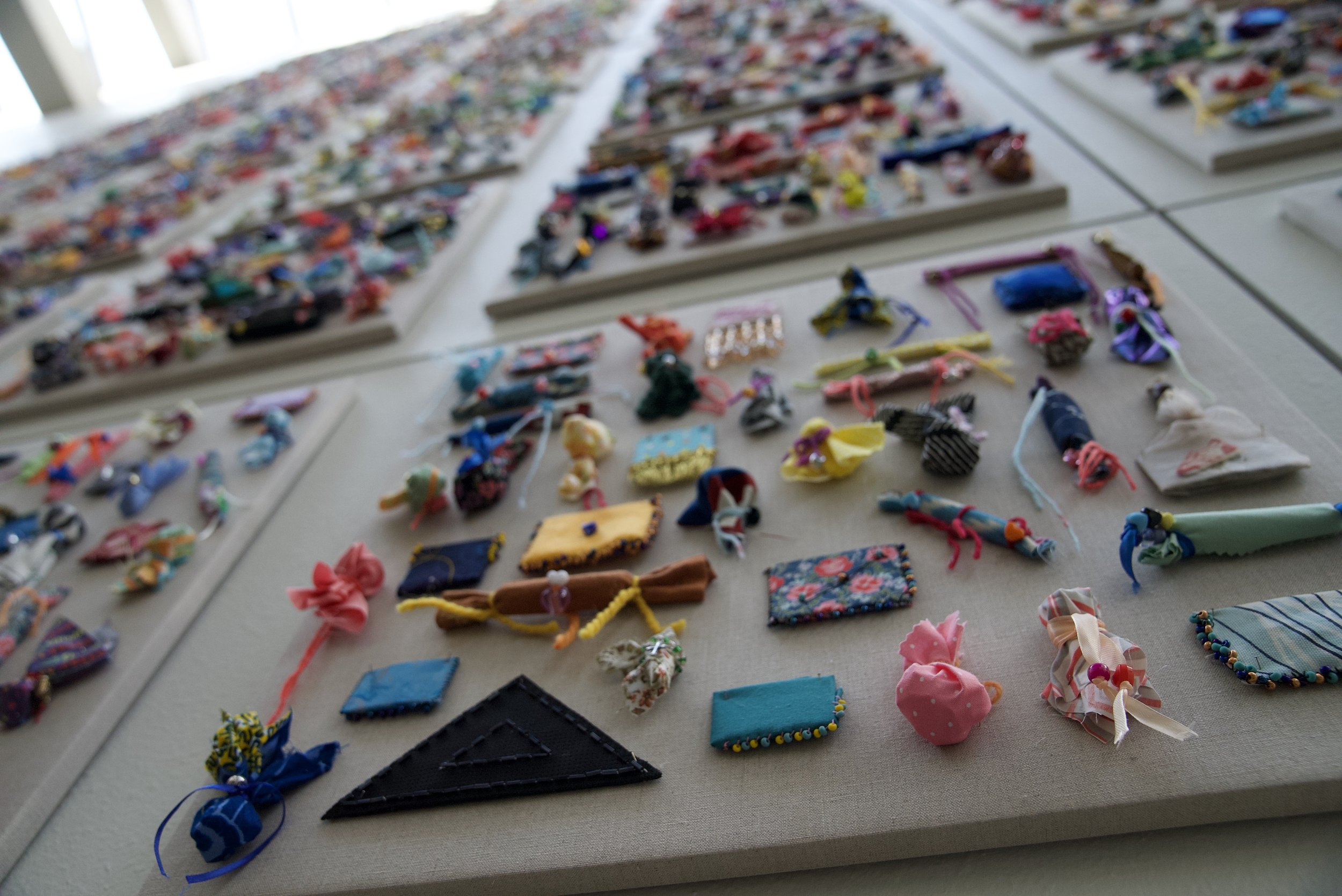
Detroit's Healing Memorial
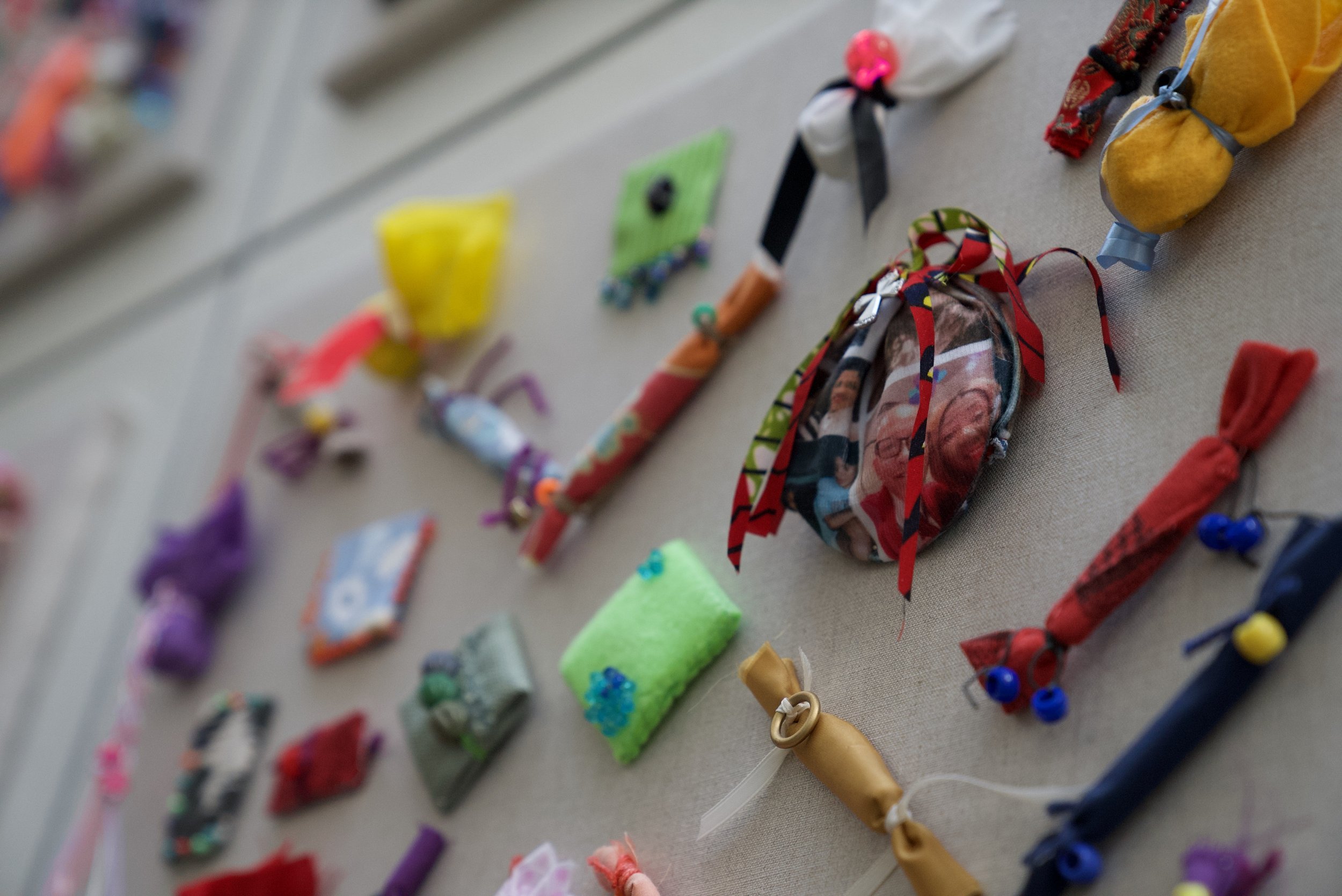
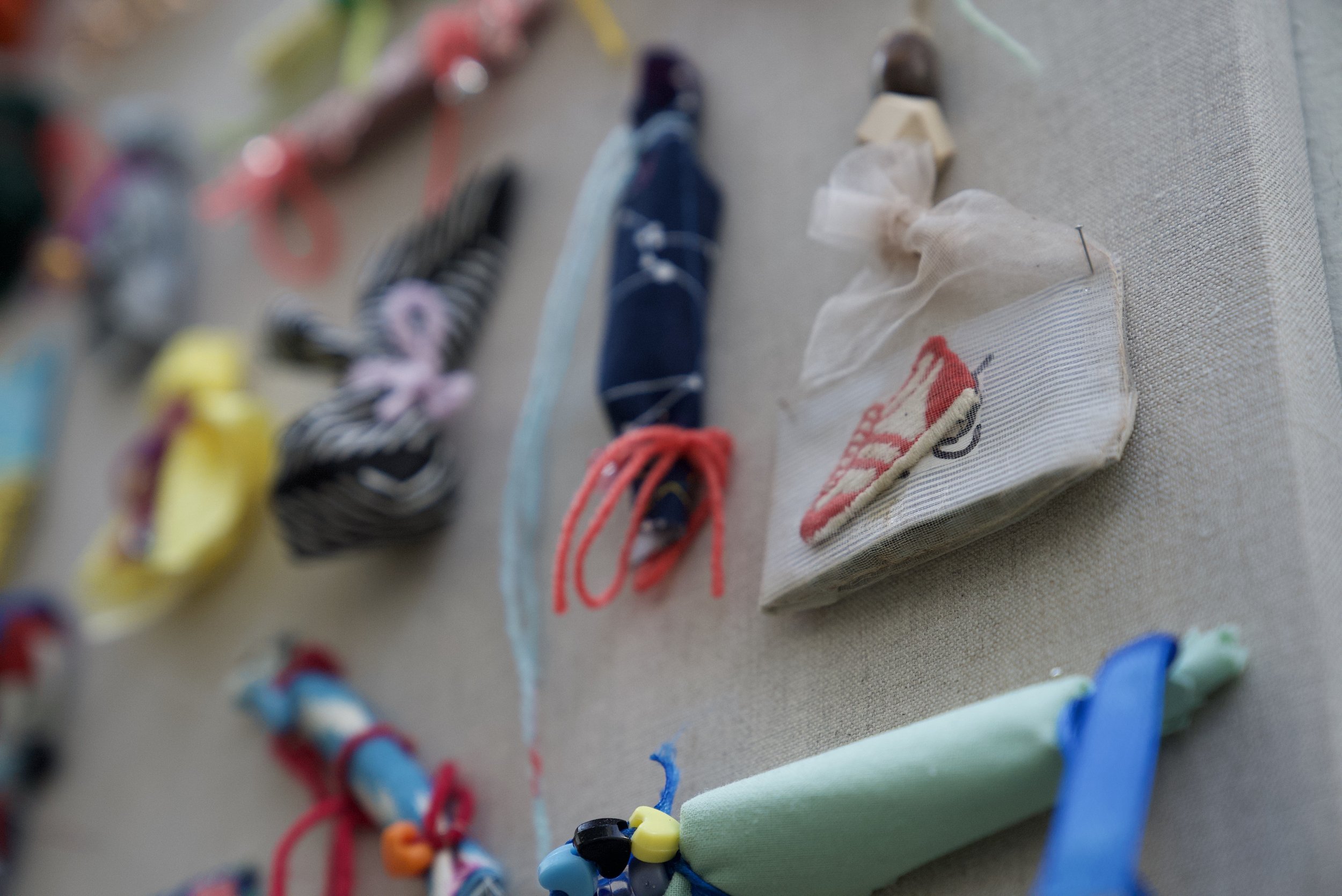
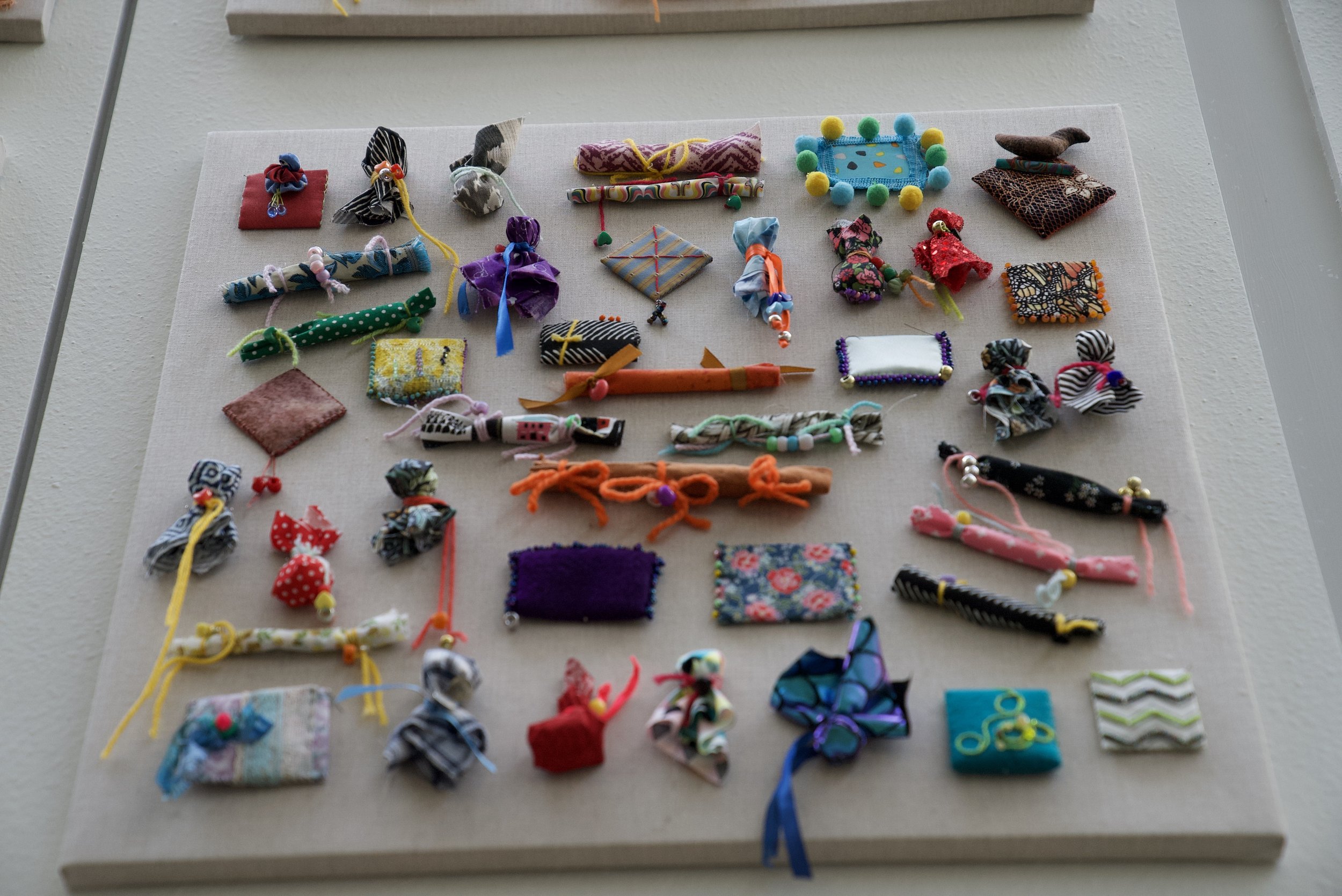
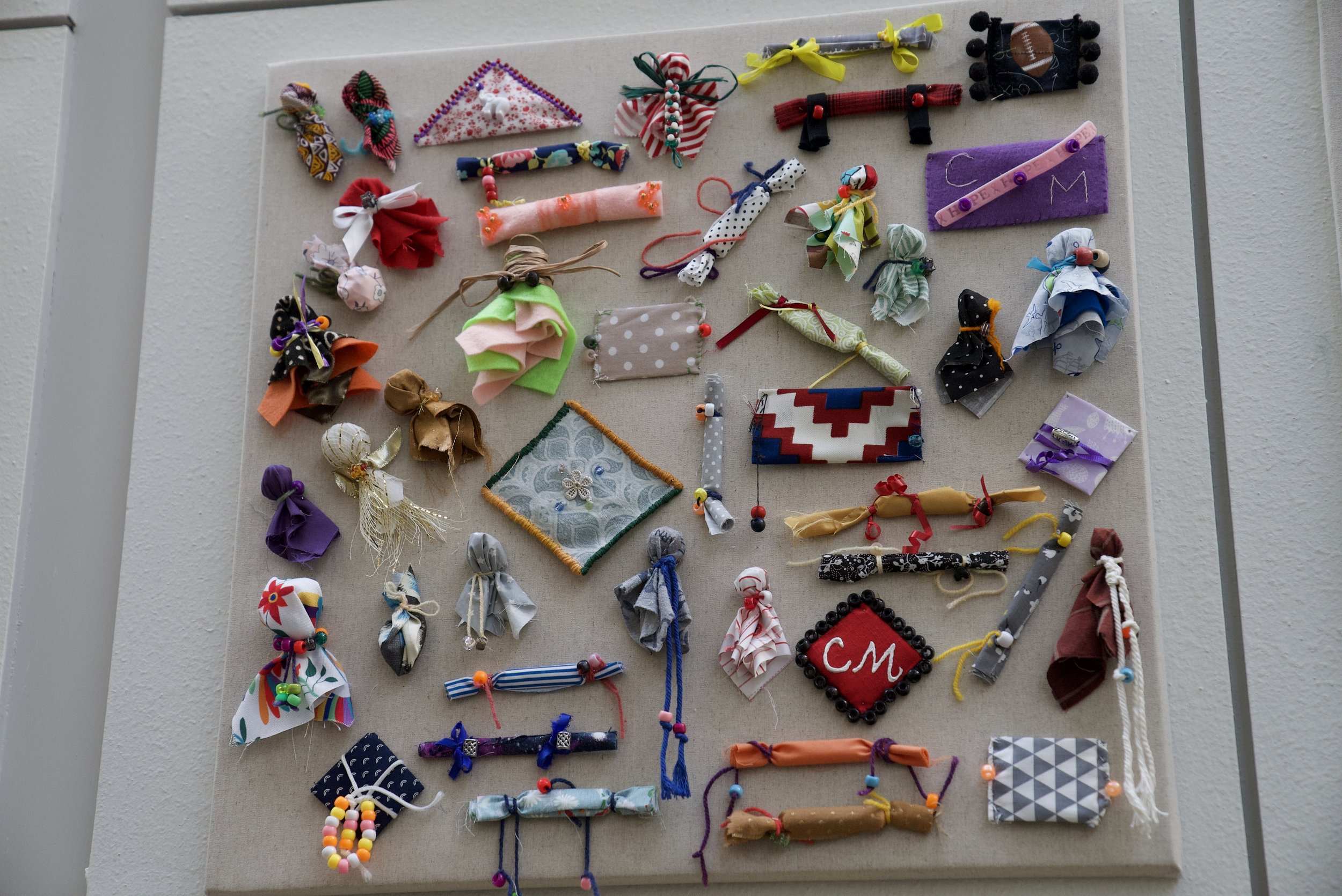
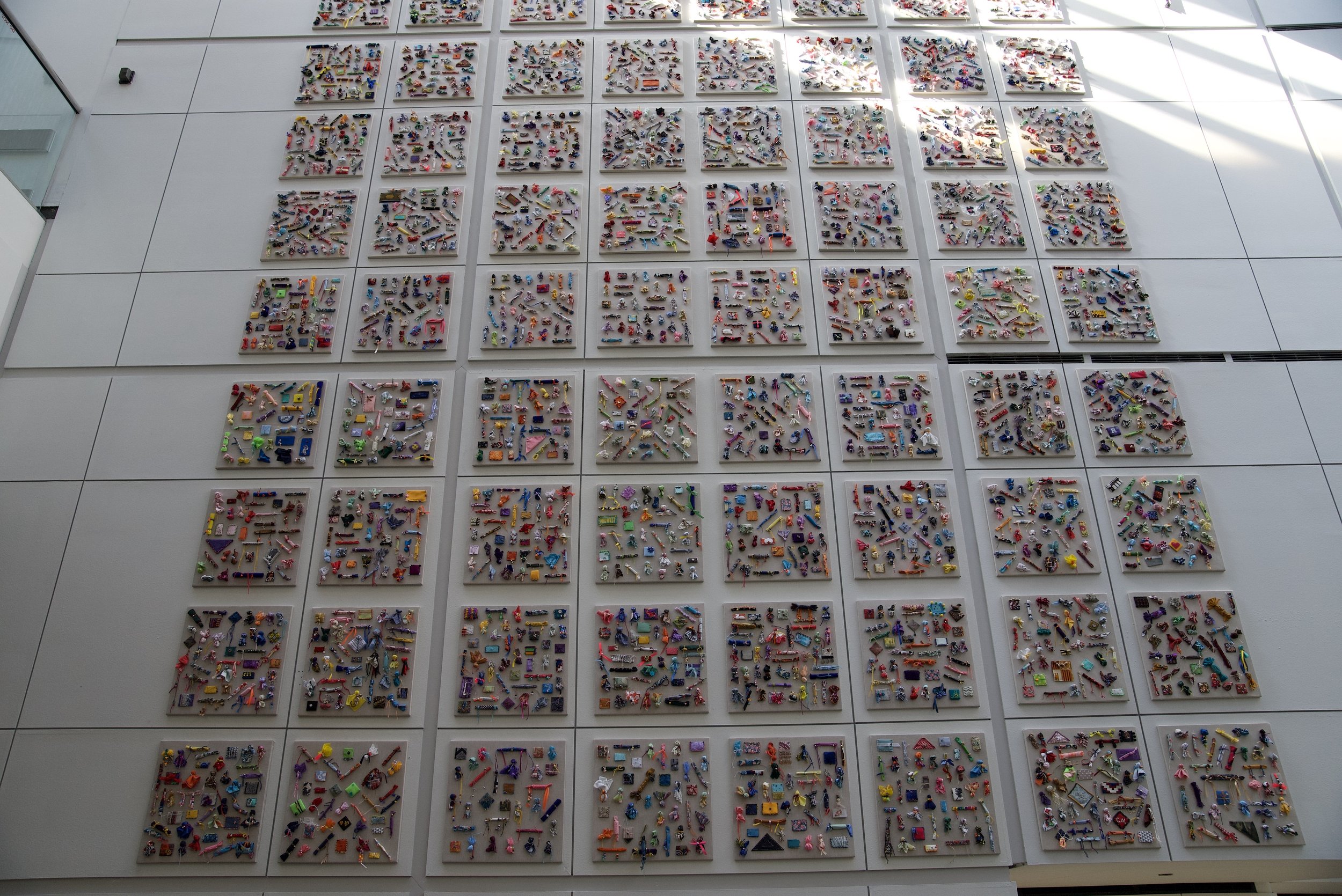
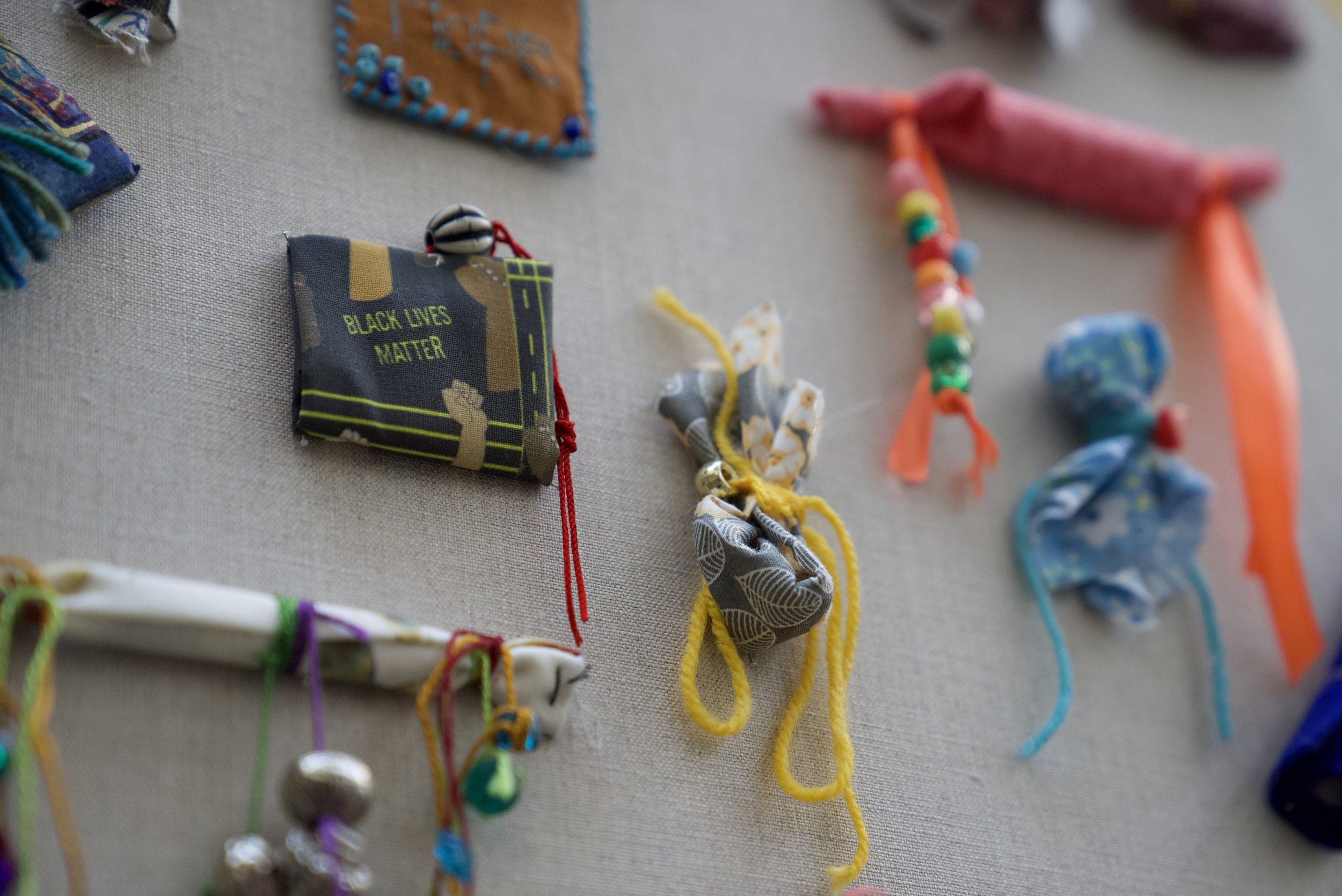
Detroit Healing Memorial
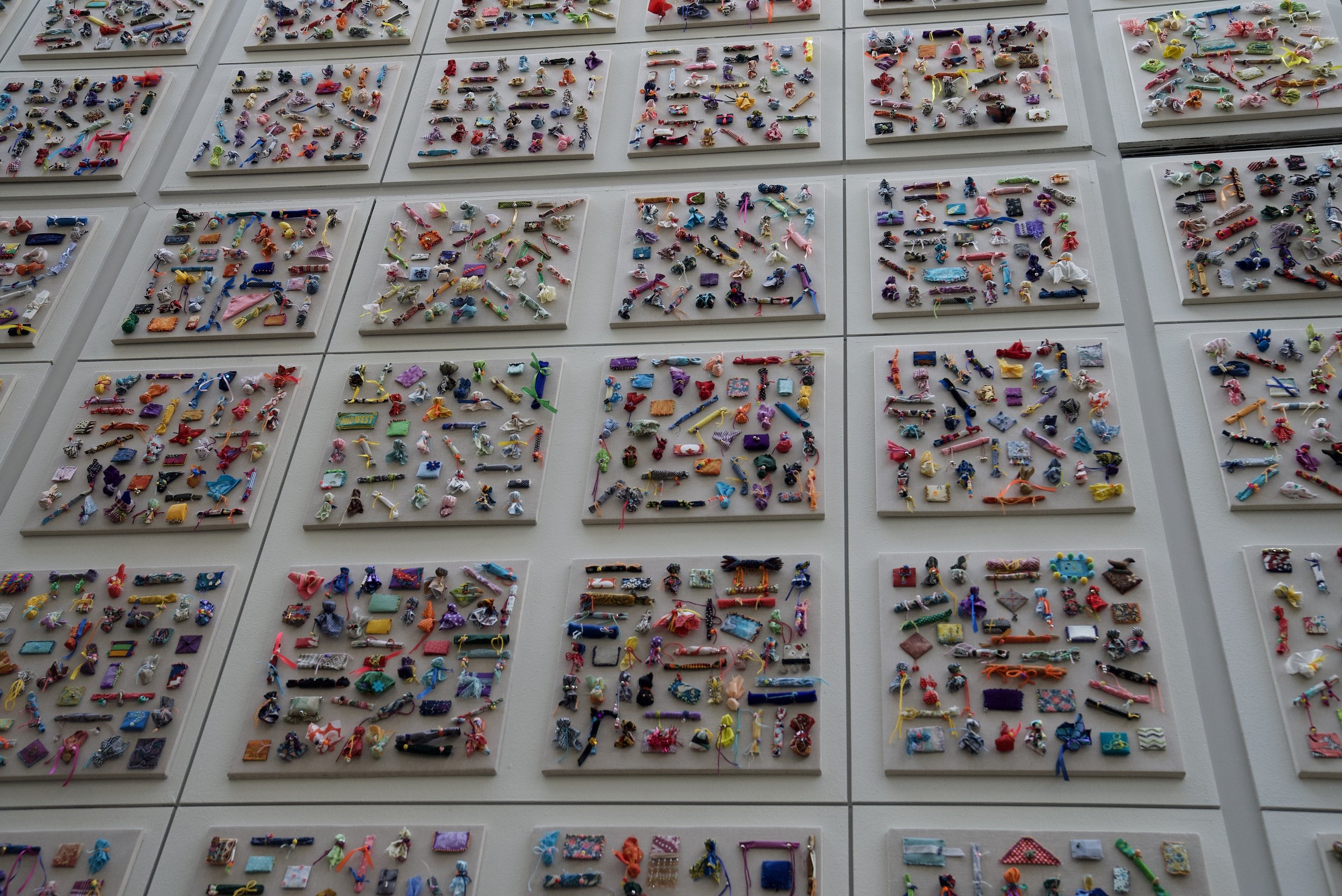
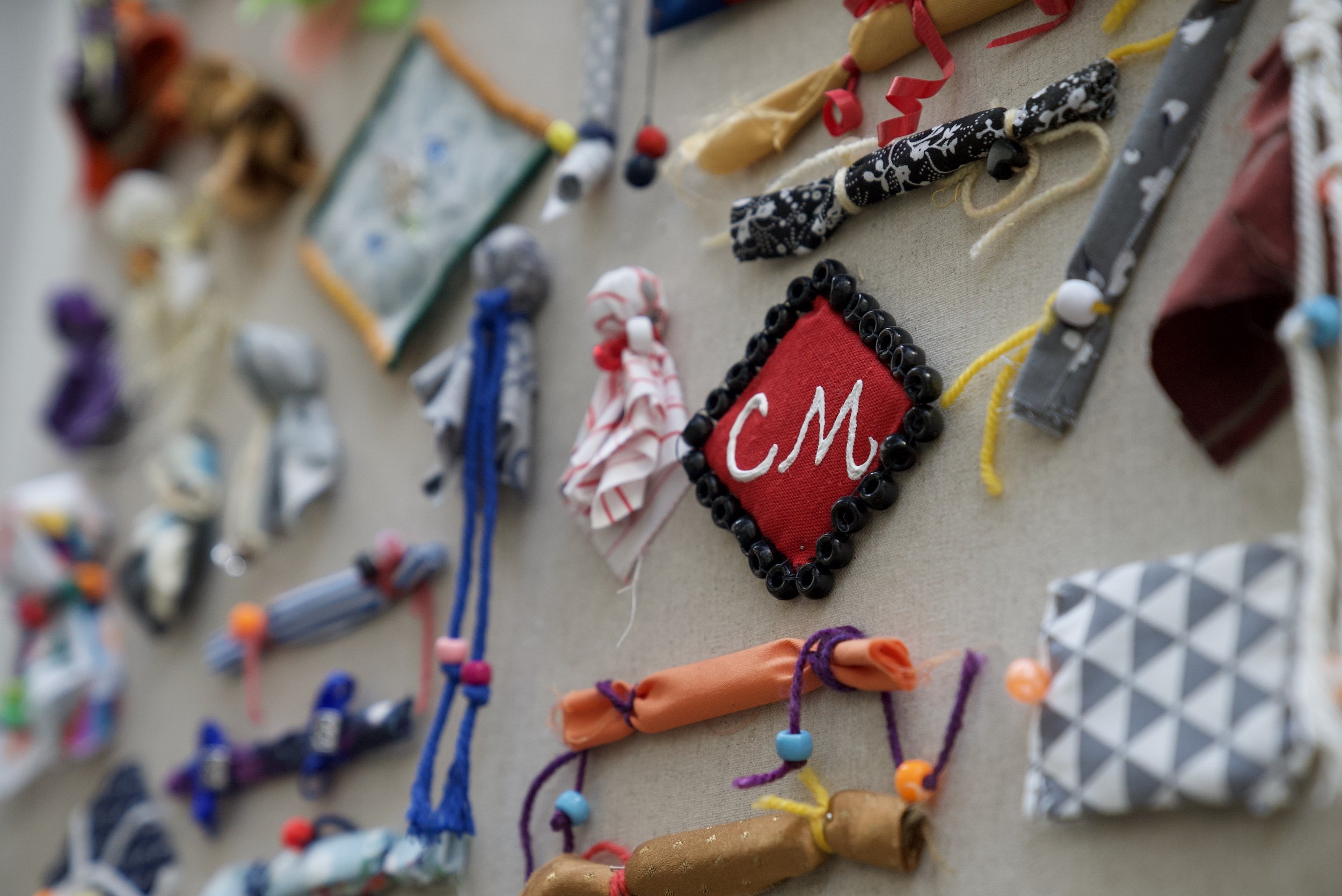
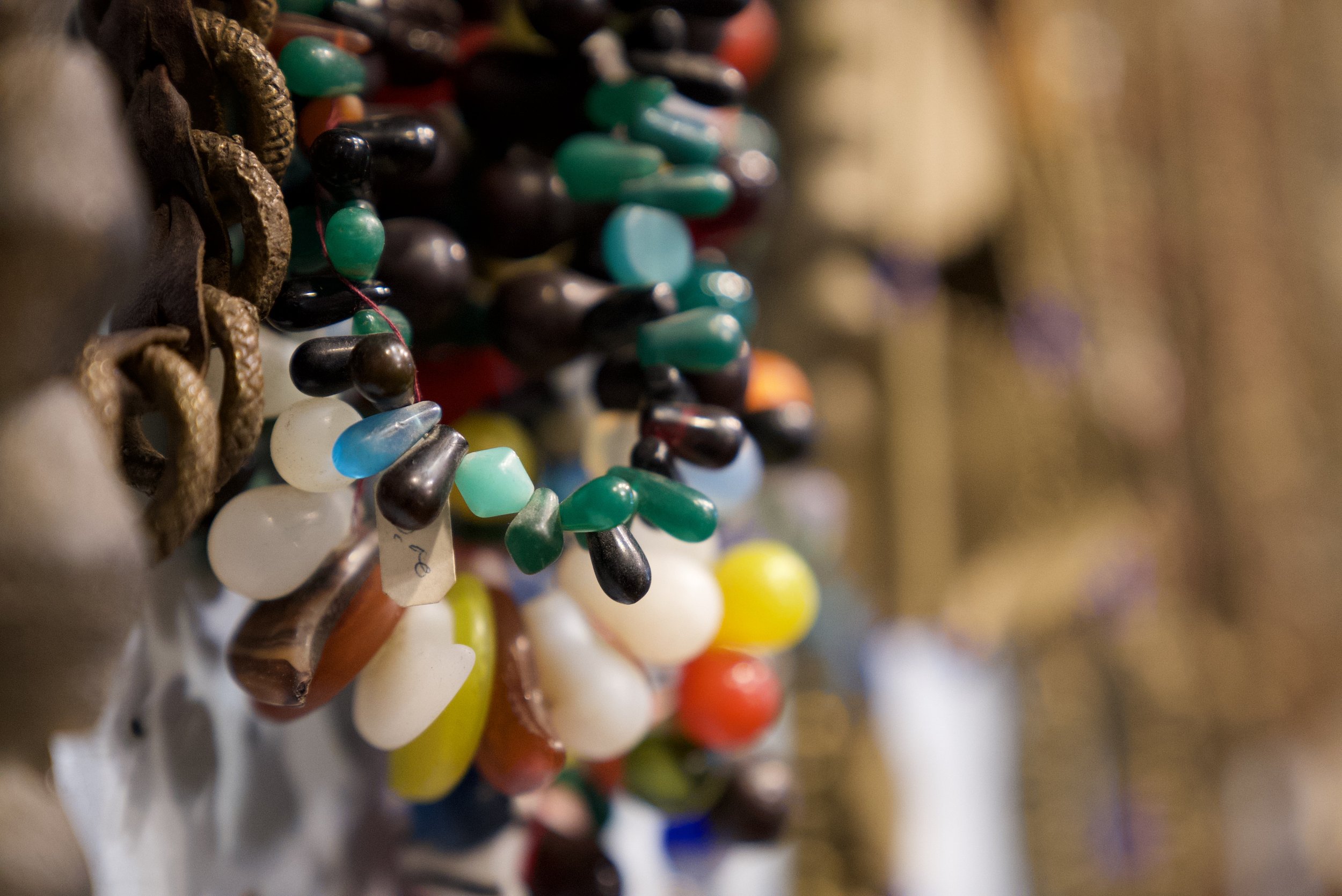
Events
-
Commemorating COVID Traveling Exhibit
03.04.23 - 03.26.23
Bushel Collective
106 Main St, Delhi, NYScenes from Afterthought featured as part of a traveling exhibition of COVID Memorials.
-
Brooklyn College Community Screening
03.09.23 7:30-9pm
Brooklyn College Library
2900 Bedford Ave, Brooklyn, NYScreening of selected scenes from our film-in-progress and conversation with the filmmakers.
-
Bushel Collective Community Screening
03.26.23 5-7pm
Bushel Collective
106 Main St, Delhi NYScreening of selected scenes from our film-in-progress and conversation with the filmmakers.
-
Ann Arbor Community Screening
09.30.23 6-7:30pm
Helmut Stern Auditorium
525 S State St, Ann Arbor, MIScreening of selected scenes from our film-in-progress and conversation with the filmmakers.
-
Old Stone House Community Screening
01.06.24
Old Stone House
336 3rd St, Brooklyn, NYScreening of selected scenes from our film-in-progress and conversation with the filmmakers.
-
Congregation Community Screening
04.09.24
The Congregation
9321 Rosa Parks Blvd. Detroit, MIScreening of selected scenes from our film-in-progess and conversation with the filmmakers.
Artistic Approach
Stylistically, Afterthought hovers between documentary and impressionistic cinema, taking viewers into the minds and worlds of these artists.
The film embraces lyrical editing and a bold color palette to reflect the emotion, vision, and inspiration behind the artists’ work. Afterthought takes inspiration from the intimate feel and sense of immediacy captured by Agnes Varda and J.R. in their 2017 film Faces Places. The film utilizes many tenets of cinéma vérité while also openly acknowledging the camera’s presence and the director’s role as a filmmaker. We use narration to offer the audience insights into the director’s perspective from behind the camera, emulating some of Kirsten Johnson’s first-person narration choices in her films Dick Johnson is Dead and Cameraperson.
Unlike many other COVID-19 documentaries in production, Afterthought does not attempt to document the history of political decision-making or use news footage to convey the impact of the virus. Instead, the film centers on individual stories of life, death, memory, and art. Rather than depending on formal sit-down interviews, we document artists at work, talking with their collaborators and with the director, wrestling with how to capture the narrative of COVID-19, and navigating the various stages involved in bringing art to life. Given the delicate subject matter of our film, we adopt a particularly sensitive approach during production. The director films all vérité and interview elements of Afterthought as a one-woman crew to avoid the formality that can result from introducing a large production crew.

Laura's Memorial, "Half-Built House"





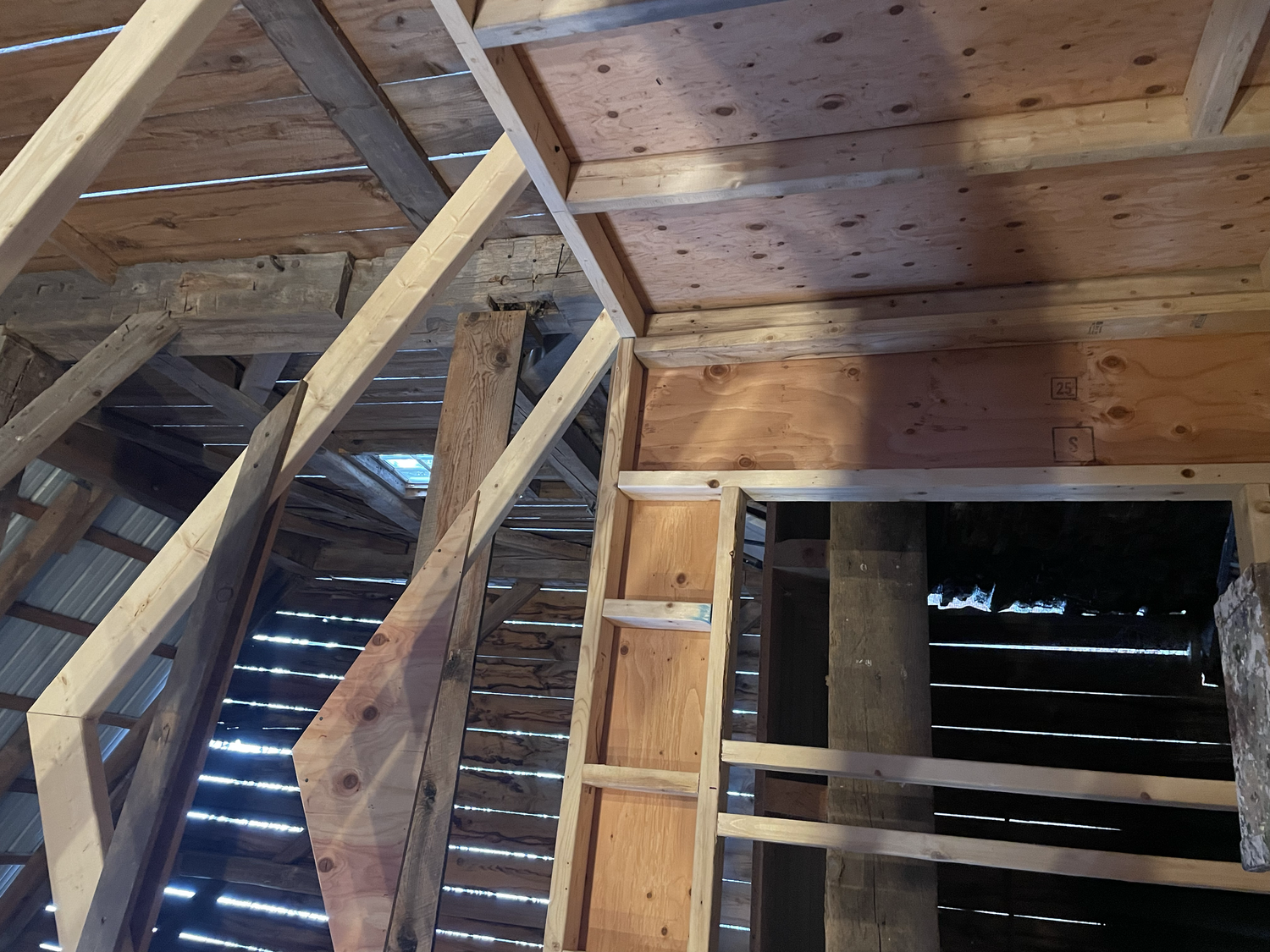

Filmmaking Team
-

Charlotte Juergens
DIRECTOR, PRODUCER, DP
Charlotte Juergens is an award-winning filmmaker, archival producer, and interdisciplinary scholar. She recently directed the documentary feature Sunken Roads, which premiered theatrically in 2021. As an archival producer, Charlotte has collaborated on numerous film, museum, theatrical, and network news projects, including one Oscar-nominated short. Charlotte began her Ph.D. in American Culture at the University of Michigan in fall 2021, where she studies the public memory of pandemics (past and present). She holds degrees from the University of Chicago and Yale. Charlotte currently serves as co-curator for the traveling exhibit Commemorating COVID, which opened in March 2023.
-

Mark Juergens
EDITOR
Mark Juergens has been a filmmaker in New York since 1982. His work as an editor has led him into documentary and feature films, music videos, episodic television and all sorts of experimental video weirdness. Recently, he spent seven years as the Senior Series Editor for How Democracy Works Now and edited six of the feature-length films in that series. His projects have aired on HBO, Comedy Central, MTV, Bravo, A&E, Discovery, History Channel, MSNBC, Logo, Lifetime, and PBS. Films that he edited have screened at Sundance, the New York Film Festival, South by Southwest, DOC NYC, and Berlinale. Many of these films have won awards and had theatrical distribution.
-

Dharsan Chandrakumar
COMPOSER
Dharsan is a sound artist based in Brooklyn, NY. His primary instrument is viola but he also dabbles in violin.
His sound art mainly takes the form of live string performances in outdoor locations. His original film scores attempt to reflect the natural-classical motifs and gestures he creates in outdoor environments. He's interested in natural acoustic manipulation (caves, tunnels, etc.) and string-based performance art.
Dharsan is grateful to be working on Afterthought.
-
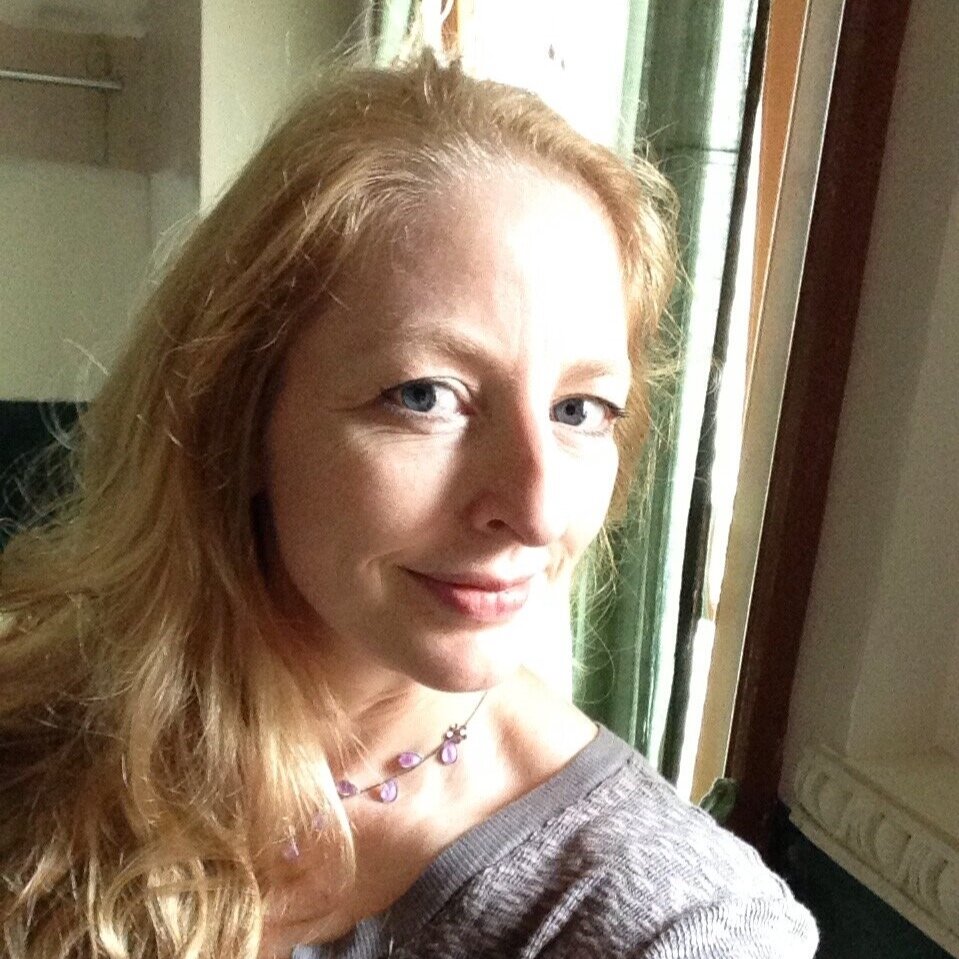
Lydia Robertson
TECHNICAL PRODUCER
Over the course of Lydia's 30-year career in film and television, Lydia has worn many hats of all shapes and sizes. Her efforts as a producer, fundraiser, director, news and documentary film editor, sound editor, audio and video engineer, rock photographer, and colorist have resulted in many international and domestic awards, including numerous Emmys and one Oscar. Lydia's most recent projects include the award-winning feature documentaries Sunken Roads and Yasuni Man, the award-winning dramatic feature Sold, the comedy feature 79 Parts, and NBC Network News shows such as Nightly News, Dateline, and the Today Show.
-

Nadia DeLane
CONSULTING PRODUCER
Nadia DeLane is a multimedia designer and visual storyteller. She is the creator of COVID Diaries POC: an oral history collection of audio diaries, portraits, and music commemorating the reactions of people of color during this pandemic and their thoughts regarding the virus, racial injustice, survival strategies, and politics. Memory Opus, a soundscape project derived from Covid Diaries POC, recently exhibited at the Museum of the City of New York. DeLane has consulted on several award-winning animated films and documentaries, and her work has been featured in print and online publications including AI-AP's Design Arts Daily (DART).
Press Coverage
-
City University of New York
Asian American / Asian Research Institute
March 9, 2023
“In a culture that avoids talk of death and puts grief on a timeline, what does our mourning look like?”
Link to coverage -
The Daily Star
Mar 24, 2023
“The documentary feature by Juergens, now in production, looks at COVID memorials and the people who build them.”
-
Bushel Collective
March 26, 2023
“Please join producer/director Charlotte Juergens and artist Laura Taylor for a screening of scenes from a film in progress, followed by conversation…”
-
The Schoharie News
March 15, 2023
“The event begins with a screening of scenes from Afterthought, a film in progress by director Charlotte Juergens. It will be followed by a conversation…”
Project Stage and Timeline
Afterthought is in mid production.
Our team includes a director, producer, DP, editor, technical producer, and consulting producer, and we are still working to bring on additional collaborators. Our director is also corresponding and having preliminary interviews with over 200 other memory workers across the country, who will serve as community partners throughout the process.
Production
Production for Afterthought began in June 2021, when we started filming with Laura and Rochelle. We continued filming in intervals, following the development of each artistic process as the seasons change. Production will end in September 2023, once both memorials have been presented to the public. Charlotte will film the assembly, reception, and disassembly of each exhibition.
Post Production
In September 2023, editing will begin in earnest. Editing and will continue through February 2024. Sound mixing and sound editing will take place in March 2024, followed by color correction and final finishing.


